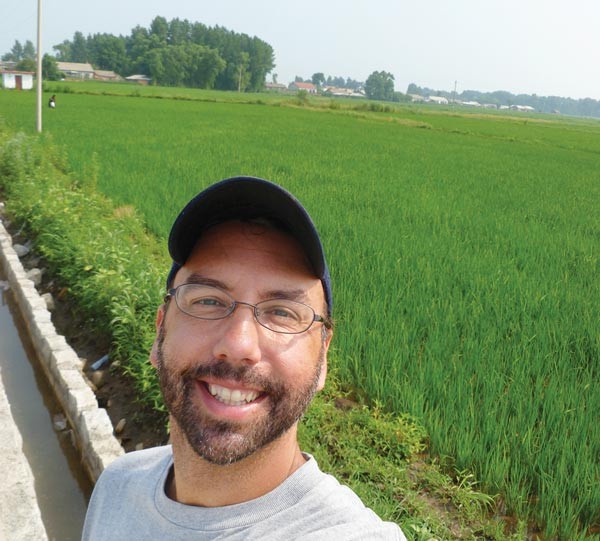Michael Meyer's In Manchuria: A Village Called Wasteland and the Transformation of Rural China is part memoir, part historical record and part travelogue; he calls it his "kitchen-sink book."
Meyer moved to China as an English teacher with the Peace Corps in 1995. While his novel The Last Days of Old Beijing focuses on the fate of neighborhoods prior to the 2008 Beijing Olympics, In Manchuria is a more personal account of Meyer's time living in Wasteland, his wife's childhood village, in northeastern China. Meyer, a creative nonfiction-writing professor at the University of Pittsburgh, documents the changes in rural China and how they have affected his own life.
Meyer recently spoke with CP by phone from San Francisco, in the midst of a five-week book tour.
What drew you to rural China, considering that The Last Days of Old Beijing was primarily an urban book?
I think it's time to write a book when the book you want to read doesn't exist. After finishing the Beijing book, which was a book that didn't exist, I wanted to know what was going on in the Chinese countryside, so I headed north to find out.
Where is rural China headed?
We're in a period of transition. Rural China is moving from family-held farming plots to corporate-managed agribusiness. Sort of going back to the consolidation of farms in the '50s and '60s into communes, but now that are run by a private business for profit, rather than by the government for sustenance.
What is the actual landscape like?
The village is named Wasteland but looks nothing like a wasteland. It's a flat, fertile floodplain that stretches out to foothills. It kind of looks like Northern California, like Sonoma county.
What seems to interest readers most about the book?
Overall, I think readers are excited to go on a journey to a place they've never been before. Even for experienced China hands, this is a region of the country they don't often get to see let alone live in, so that's been the interest for the book mostly — an exploration of this hidden side of the country.


